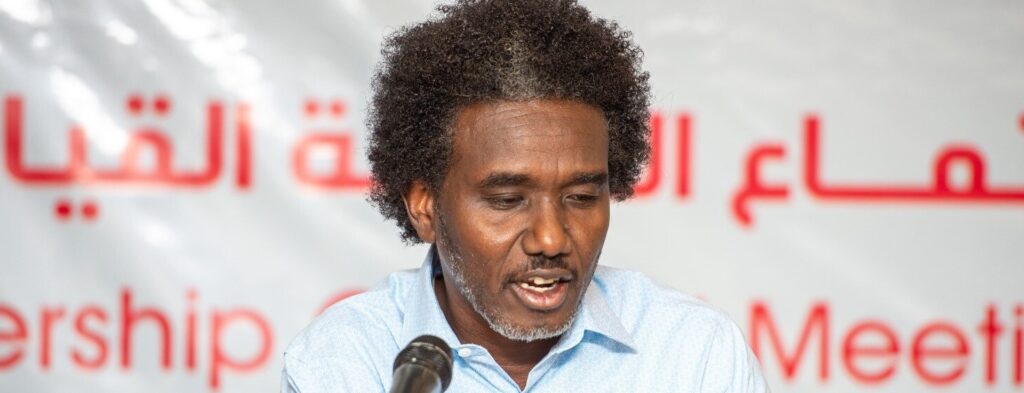Sudanese political forces are expressing concerns over multiple international initiatives aimed at ending the country’s ongoing war, fearing these efforts may lead to dispersed actions.
This comes after the African Peace and Security Council announced on June 21, 2024, the establishment of a presidential mechanism led by Ugandan President Yoweri Museveni to facilitate ceasefire talks between the Sudanese Armed Forces (SAF) and the Rapid Support Forces (RSF).
While some observers view this development positively amid ongoing military and media escalation, several politicians have welcomed the initiative, highlighting Museveni’s experience with Sudanese issues. Others, however, remain sceptical due to conditions previously set by the SAF, which they believe could constrain the African Union’s role.
Bakri Al-Jack, spokesperson for the Coordinating Council of Democratic Forces (Taqaddum), emphasized, “Ending the war and resolving the Sudanese crisis requires concerted efforts and coordination among political forces.”
Al-Jack expressed concerns about the proliferation of international platforms, suggesting it could lead to conflicts of interest and cause some parties to evade their responsibilities.
In an interview with Radio Tamazuj, Al-Jack confirmed that Taqaddum welcomed the African mechanism’s initiative to convene SAF leader Abdel Fattah al-Burhan and RSF commander Mohammed Hamdan Dagalo, with the condition that the National Congress Party be excluded from the dialogue.
“The multitude of international platforms may create conflicting agendas and policies, making it challenging to adhere to a unified peace process and giving some parties an excuse to delay their obligations to end the conflict,” Al-Jack explained.
Meanwhile, Sadiq Abu Fawaz, head of the Unified Mobilization Party, expressed scepticism about the possibility of the meeting due to previous SAF conditions that undermine the African Union’s role and Sudan’s suspended AU membership.
Political analyst Qurashi Awad suggested that current efforts, coupled with U.S. threats and the freezing of bank accounts by the UAE, indicate the imminent conclusion of the war in Sudan and the start of a new political phase. However, he cautioned that some factions within the conflict intend to prolong the strife.




